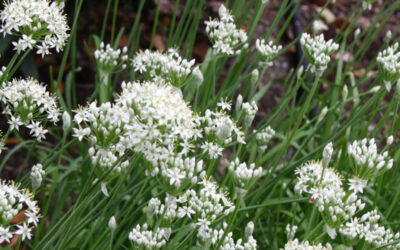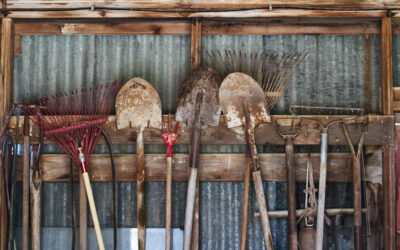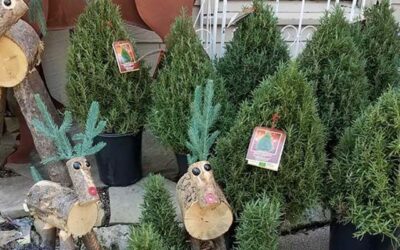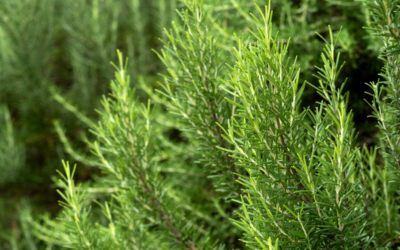As we move into summer, the days are getting hotter. Higher temperatures mean you garden will need more watering – which also means a higher utility bill. Want to keep your costs down? Add mulch to your garden beds and containers.
Pound for pound, mulch is the best thing anyone can do for their garden soil. In spring it minimizes the number of weeds that germinate, something every gardener can appreciate. But summer is the season when it is most needed. Its protective covering helps the soil retain water and keep the roots cool.
And if that weren’t enough, mulching improves your soil. It’s protective matting helps prevent erosion and exposure during violent weather. It provides a natural slow-release fertilizer. As it breaks down and is absorbed into the ground, mulch also helps to loosen the soil.

You can use several organic materials as mulch. The most common mulch materials in Texas are pine needles, fall leaves, and shredded tree bark. When making your selection, consider how well it protects and what it will add to the soil.
In regions where there are pine forests, the needles from these evergreen trees can be used as mulch. Pine needles form a pleasing matting and are slow to break down. Keep in mind, though, that pine needles will increase the soil’s acidity.
Another popular mulch in wooded areas is shredded leaves. They’re cheap and decompose at a reasonable rate. In major metropolitan areas, check with the city’s recycling authority to see if shredded leaves are available to residents.
Shredded tree bark is probably the most popular and attractive mulch. Pine bark is cheap and readily available but it floats away easily and takes a long time to break down. Look for hardwood bark that resists floating. Where possible, get bark from trees native to your area. They often have bark with toxins that deter the local insects. Avoid barks from eucalyptus and black walnut, which contain chemicals that deter plant growth.

Mulch does have one tiny drawback. It discourages self-sowing annuals, such as dill, cosmos, and caraway, from returning the following year. To correct this, pull back the mulch from self-sowing plants when they are setting seeds in late summer to early fall. Then re-cover the area after the seeds have dropped.
Whichever mulch you choose, spread the material around plants and shrubs into a 3-4 inch layer. Resist the urge to save money with a thinner application of only one or two inches. Thinly spread mulch is apt to go bare in some spots, allowing the weed seeds to germinate and water to evaporate too fast.
With your gloved hands, scoot the mulch under shrub branches. Don’t pile mulch against tree or shrub trunks as this can foster bark rot. Once you’re all done stand back and admire your handiwork. You will reap the benefits of a properly mulched garden for months to come.













0 Comments